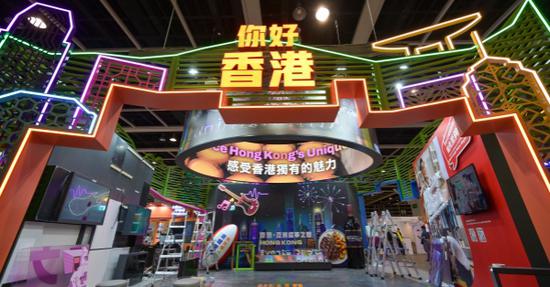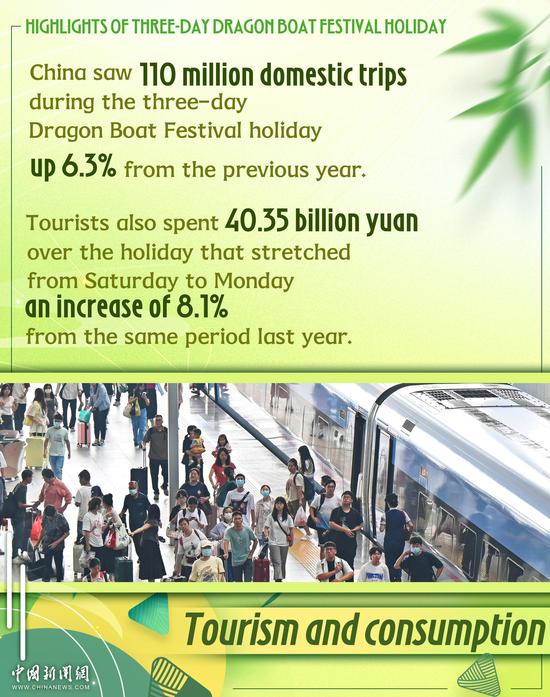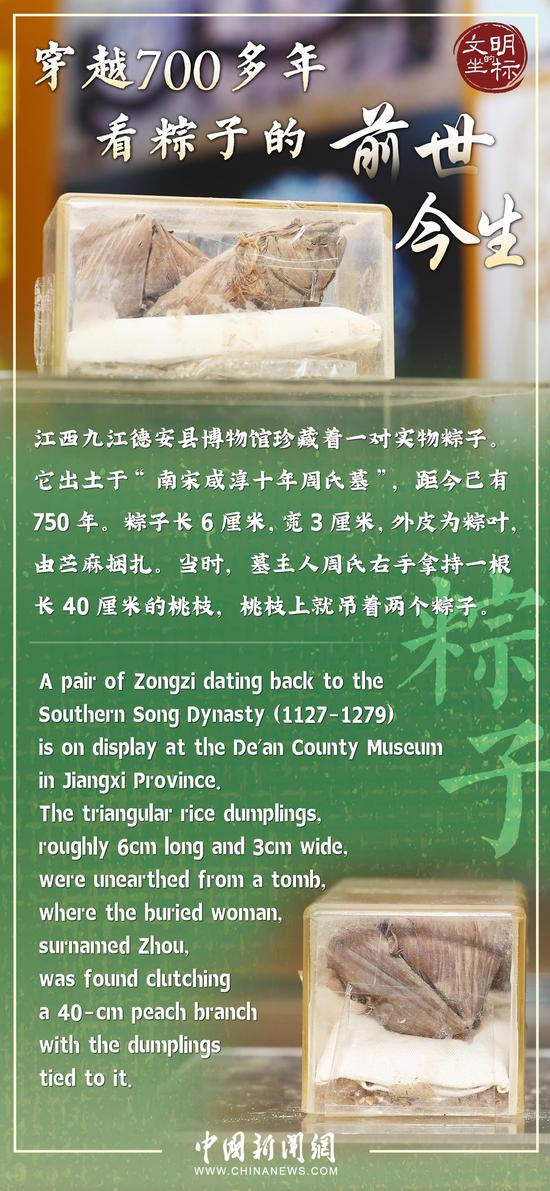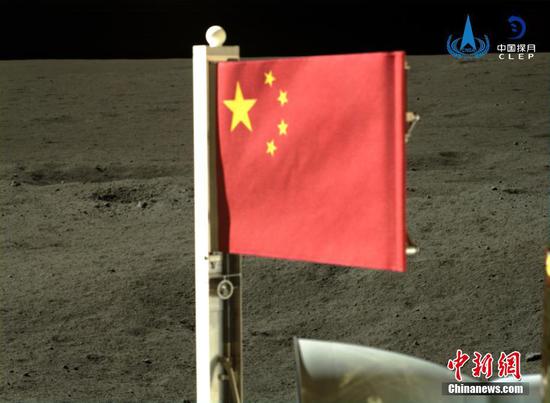The European Union's decision to impose additional tariffs on Chinese battery electric vehicles is a protectionist move that could trigger a global trade conflict and slow down Europe's electric mobility transition, industry leaders in Germany said.
Hildegard Mueller, president of the German Association of the Automotive Industry, said the German automotive industry is in favor of free and fair trade. "As a matter of principle, any protectionist measure… restricts free trade and harbors the risk of trade conflicts that are ultimately detrimental to all sides."
She said the EU tariffs on electric vehicles imported from China — some of which are up to 38 percent high — is a step away from global cooperation and "further increases the risk of a global trade conflict".
China plays a decisive role in the successful transition toward electric mobility and digitalization, and a trade conflict would jeopardize this transition, Mueller said.
"It would be expedient if we manage to overcome the existing challenges through dialogue and primarily strive for partnership-based formats and solutions," she added.
The European Commission, the executive arm of the EU, announced on June 12 that Chinese-made battery electric vehicles will face punitive countervailing tariffs starting on July 4, and the countervailing duties will differ based on the brands.
The initial provisional decision imposes a 17.4 percent tariff on BYD, 20 percent on Geely and 38.1 percent on SAIC. These are in addition to the existing 10 percent import tariff that the EU imposes on all non-EU electric vehicle manufacturers.
Michael Schumann, chairman of the Board of the German Federal Association for Economic Development and Foreign Trade, said the association firmly rejects the EU's tariff decision.
"It sends the wrong signal at the wrong time," he said, referring to the EU's 2050 climate neutrality targets that require a mobility transition from gasoline to electricity.
Germany aims to have at least 15 million fully electric cars on the road by 2030, Schumann said, noting that as of Jan 1, 2023, only 1.01 million electric cars had been registered in the country, while new EV registrations between January and May dropped compared with the same period last year.
"The transition is not taking place on German streets due to high prices and a lack of variety. Inexpensive suppliers from China could stimulate the market and help electric mobility gain more acceptance in Germany. However, protectionism is hindering this mobility transition," Schumann added.
Volker Treier, head of foreign trade at the German Chamber of Commerce and Industry, said the tariffs on Chinese EVs will inevitably and strongly impact Germany's heavily export-orientated economy, and warned that the EU must be careful not to get caught between the geopolitical mills of its two most important trading partners.
Treier suggested that Europe's best response to China's EV imports is to create its own favorable location conditions and strive for open markets and competition. "Europe must avoid additional trade conflicts and further compartmentalization within its borders," he said.


















































 京公網安備 11010202009201號
京公網安備 11010202009201號